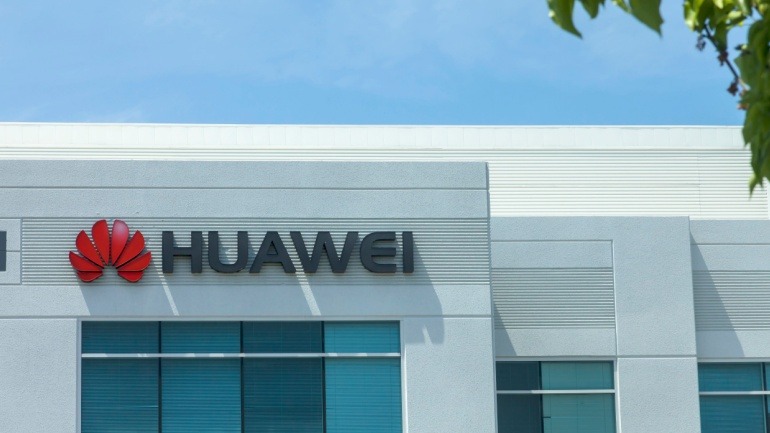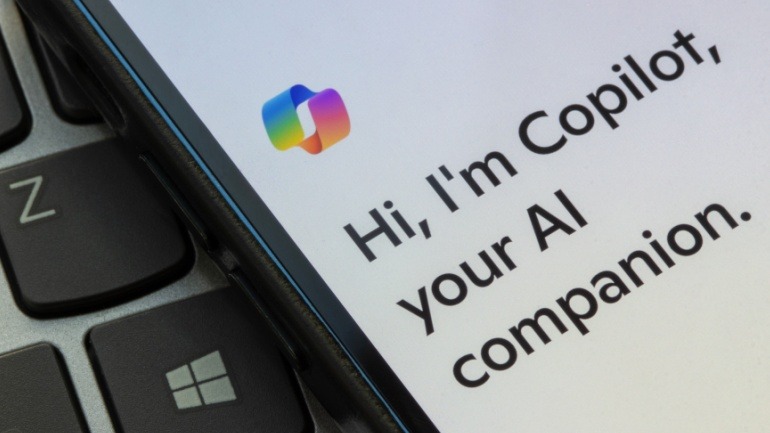Amid Black Friday’s digital communication surge, Sinch reported a 144% increase in AI-powered Rich Communication Services. Businesses increasingly favor rich messaging formats, blending traditional channels like SMS and email with interactive VoIP solutions. This shift underscores the essential role of AI in creating standout conversational experiences in competitive markets.
The recent rollback by the FCC on national cybersecurity standards for telecommunications companies marks a pivotal shift, sparking debate over regulatory approaches in network security. As this landscape evolves, VoIP solutions providers like Vodia Networks lead the way by prioritizing cybersecurity with robust features that urge the industry to go beyond minimal compliance.
Open RAN’s evolution is critical for the voip landscape, aiming to create a flexible, multi-vendor network system. However, achieving energy efficiency and convincing Communications Service Providers to embrace Open RAN over existing infrastructure remains challenging. As AI-native RAN and automation advance, industry collaboration is crucial to navigate complexities and drive Open RAN success.
The groundbreaking collaboration between Fujitsu and Yamaguchi University is paving the way for enhanced satellite data management through orbital edge computing. This innovative approach dramatically reduces satellite data latency from hours to mere minutes, facilitating real-time insights crucial for industries such as maritime logistics. By processing data directly on satellites, traditional bandwidth restrictions are bypassed, allowing for immediate information access. Organizations dependent on remote sensing, including those utilizing VoIP technology for communication, should closely monitor this advancement, as it promises to revolutionize data processing efficiency and timeliness.
Vietnam’s recent decision to award 5G contracts to Huawei and ZTE signals a crucial transformation in its telecommunications strategy, impacting its VoIP infrastructure. This transition highlights Vietnam’s complex balancing act between global powers, as it embraces Chinese 5G technology despite longstanding Western security concerns. Exploring Vietnam’s evolving VoIP dynamics amid geopolitical shifts offers insight into future telecom trends, emphasizing cost-effectiveness and advanced connectivity.
Microsoft’s AI Copilot at Ignite 2025 heralds a new era in workplace efficiency, enticing companies with promises of strategic focus by automating mundane tasks. However, VoIP costs like Azure consumption pose challenges.
Macquarie Technology Group’s new 150MW data center project could revolutionize the VoIP landscape as digital demands surge. Utilizing innovative funding strategies like capital recycling and joint ventures, the project highlights VoIP connectivity’s expanding role in cloud services. This initiative positions Macquarie as a top competitor in VoIP infrastructure growth.
Vodacom is leveraging Google Cloud to enhance its VoIP services through AI-driven innovations. By migrating data platforms to Google Cloud, Vodacom aims to boost customer interaction and network optimization. This partnership signifies a crucial step in digital transformation for telecom operators, showcasing cloud-based AI’s potential in improving VoIP solutions significantly.
Europe’s telecommunications landscape is transforming as Deutsche Telekom recalibrates its broadband strategy to combat customer loss. Their approach integrates smarter AI solutions and emphasizes technological harmonization, echoing efforts by fellow giants Orange, Vodafone, and Telefónica. For VoIP enthusiasts, these developments highlight a pivotal moment in connectivity innovation.
VoIP technology is pivotal for telecommunications operators in urban areas, where managing data connectivity demands is crucial. The rise of 5G and Fixed Wireless Access (FWA) introduces faster, low-latency solutions but faces interference challenges. Advanced sectorization and beam switching technologies effectively enhance VoIP service quality, ensuring reliable connectivity for urban users.













